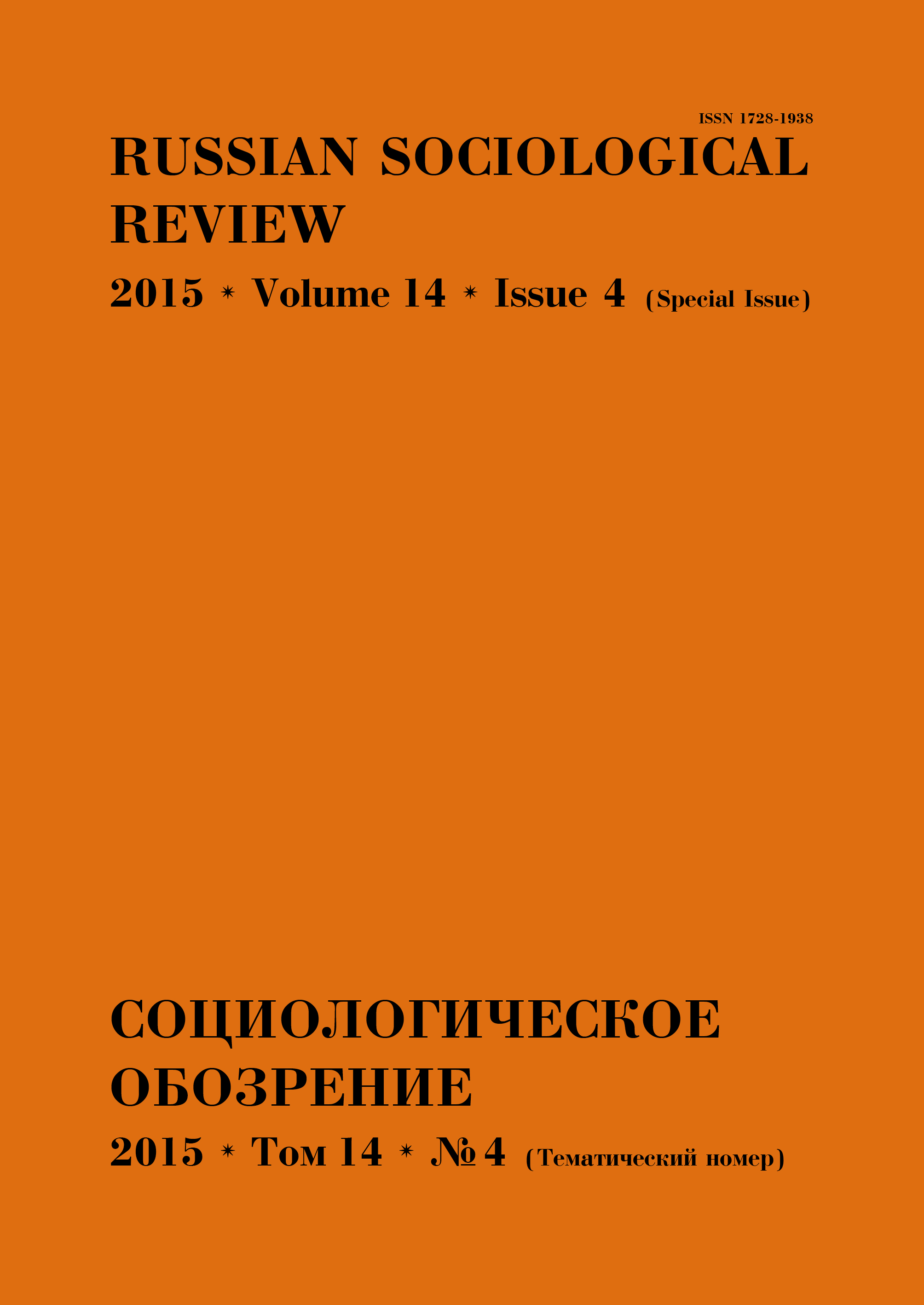Normalized Exceptions and Totalized Potentials: Violence, Sovereignty and War in the Thought of Thomas Hobbes and Giorgio Agamben
Keywords:
Giorgio Agamben, Michel Foucault, state of exception, Thomas Hobbes, violence, state of war, thanatopolitics, neoliberal governance
Abstract
This study seeks to critically explore the link between sovereignty, violence and war in Giorgio Agamben’s Homo Sacer series and Thomas Hobbes’s Leviathan. From a brief rereading of Leviathan’s main arguments that explicitly revolves around the Aristotelian distinction between actuality/ potentiality, it will conclude that Hobbesian pre-contractual violence is primarily based on what Hobbes terms “anticipatory reason” and the problem of future contingency. Relying on Foucauldian insights, it will be emphasized that the assumption of certain potentialities suffices in leading to Hobbes’s well-known conclusion that the state of nature is a “condition of Warre.” In a second step, this study considers some of Agamben’s arguments to account for how pre-contractual violence as envisioned by Hobbes cannot be rendered impotent through the integration of a sovereign. In specific, Agamben’s claims shed light on an irreducible, inextricable entwining between the state of nature and the state of law as “Siamese twins” (Virno). On a meta-level, Agamben thus implicitly shows how the “Hobbesian problem” cannot be merely reduced to a “problem of order” (Parsons). With regard to the current functioning of the stratagems of financial markets and the mechanisms of future-colonization underpinning global politics, this study finally argues that Hobbes ought to be reevaluated in particular regarding the problem of the future in his account. Partly responding to Agamben’s critical investigations, I suggest that a careful exploration of what will be coined “the prospects of an actualization of the potentiality not-to-be” might serve as a first theoretical step towards a productive form of criticism.Downloads
Published
2015-12-23
How to Cite
НостхоффА.-В. (2015). Normalized Exceptions and Totalized Potentials: Violence, Sovereignty and War in the Thought of Thomas Hobbes and Giorgio Agamben. Russian Sociological Review, 14(4), 44-76. Retrieved from https://cfjournal.hse.ru/index.php/sociologica/article/view/46
Issue
Section
Research Papers




